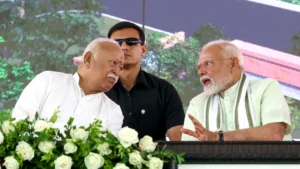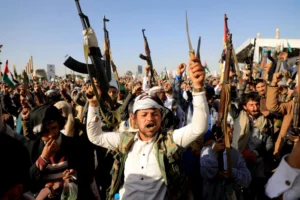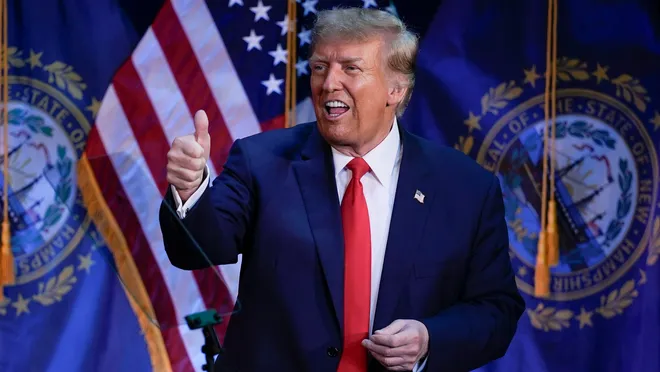
Trump Imposes 50% Tariffs on India: Why It Happened, India’s Defiant Response, and What Comes Next
The relationship between the United States and India has often been described as one of the most important partnerships in the modern world. Both countries are powerful democracies, major economies, and share many common interests. However, trade has always been a sticking point, with frequent disputes over tariffs, access to markets, and fair treatment of exporters. In 2025, this uneasy relationship reached a breaking point. U.S. President Donald Trump, during his second term in the White House, announced a shocking 50% tariff on Indian imports. He claimed that India’s continued purchase of Russian oil was helping Moscow fund its war…
Global News

Trump Imposes 50% Tariffs on India: Why It Happened, India’s Defiant Response, and What Comes Next
The relationship between the United States and India has often been described as one of the most important partnerships in…
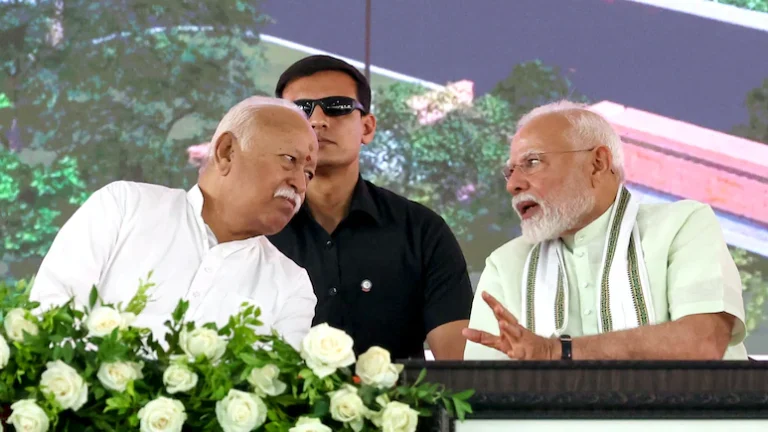
Mohan Bhagwat Clarifies: No 75-Year Retirement Rule in RSS Amid Speculation Over PM Modi’s Future
Rashtriya Swayamsevak Sangh (RSS) chief Mohan Bhagwat addressed speculations about a 75-year age limit for retirement, particularly regarding Prime Minister…
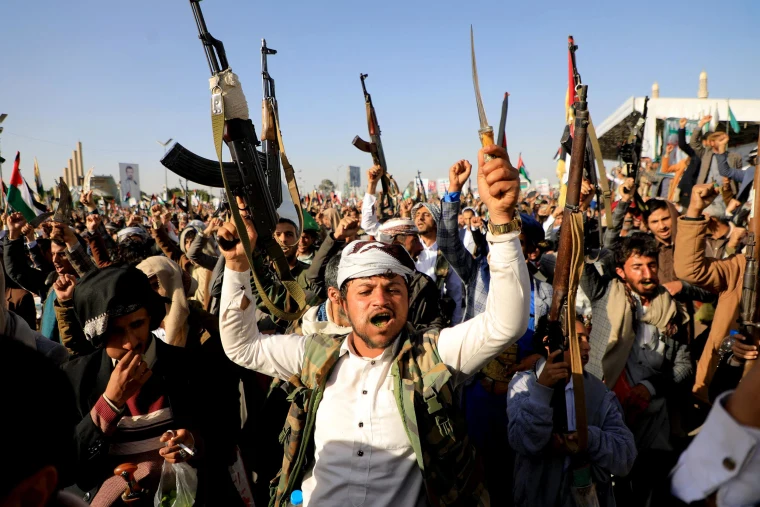
Israeli Airstrikes Hit Yemen’s Capital Sanaa After Houthi Missile Fired Toward Israel
Israeli airstrikes hit Yemen’s capital on Sunday, just days after the Houthi rebels fired a missile toward Israel, the rebels…

Chinese Envoy Backs India, Calls US a “Bully” Over Tariffs; Urges Closer Sino-Indian Cooperation
Chinese Envoy to India Xu Feihong on Thursday accused the United States of behaving like a “bully” in global trade,…
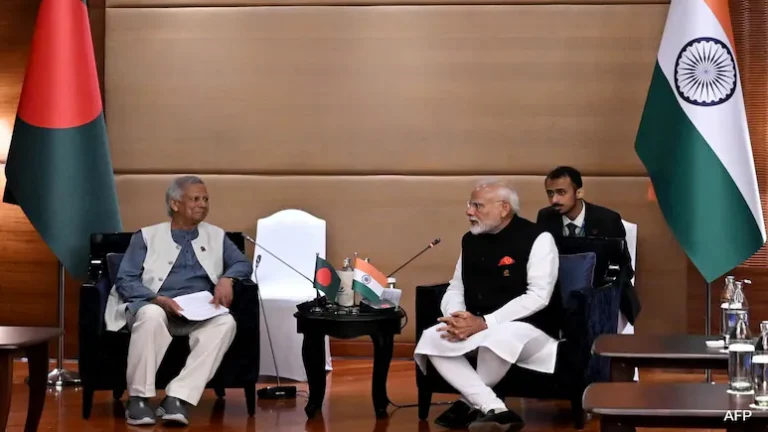
India Dismisses Bangladesh’s Claims of Awami League’s Anti-Bangladesh Activities, Urges Free and Fair Elections
India on Wednesday firmly rejected allegations made by Bangladesh’s Interim Government that members of the ousted Awami League were involved…
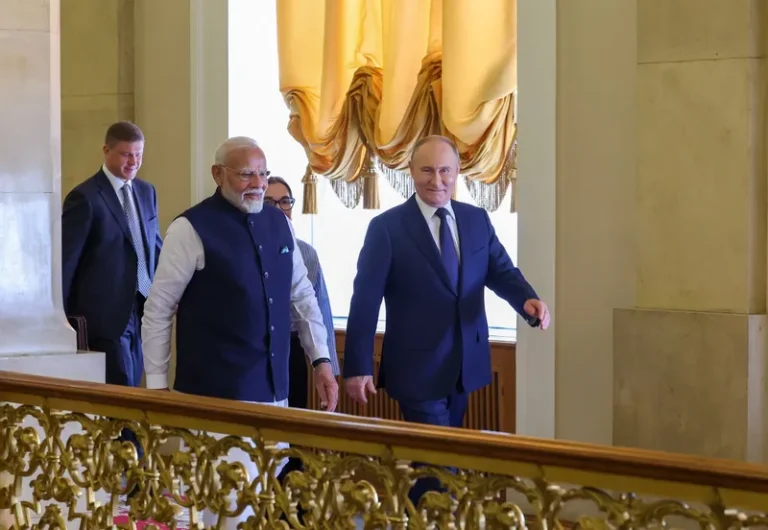
PM Modi, Putin Hold Talks After Trump–Putin Alaska Summit; India Reaffirms Call for Peace in Ukraine
Prime Minister Narendra Modi on Monday held a telephone conversation with Russian President Vladimir Putin, just days after the latter’s…
Important For You
Fruits

American Apple Medley: Navigating the Rich Tapestry of Supermarket Staples and Exclusive ‘Club’ Varieties
Diverse in sweetness, peel color, discovery date, ripening season, origin, and culinary applications, apples offer a multitude of options for…

Pomegranate Power: Discover the Ancient Superfruit’s Health Benefits, Winter Wonders, and Surprising Side Effects!
The pomegranate, scientifically known as Punica granatum, is a captivating and ancient fruit that has delighted palates and held symbolic…

“Winter’s Bounty: A Nutritional Guide to Top-Notch Fruits for Cold-Weather Wellness”
Winter brings a delightful array of fruits that not only tantalize your taste buds but also contribute to your overall…

“America’s Sweet Secret Banana Bonanza: The Magical Fruit with Health Benefits, Delicious Recipes, and Hidden Surprises!”
Bananas, often referred to as the “yellow wonder,” are one of the world’s most beloved and recognizable fruits. These vibrant,…

Wild Berry From Forest to Feast: Epic Recipes You Won’t Believe Exist!
Wild berry is nature’s hidden gem, scattered across forests, meadows, and untamed landscapes, waiting to be discovered by the curious…

Apple Recipes, Surprising Uses, and Potential Side Effects Unveiled!
The apple, scientifically known as Malus domestica, is one of the most beloved and widely consumed fruits in the world….



